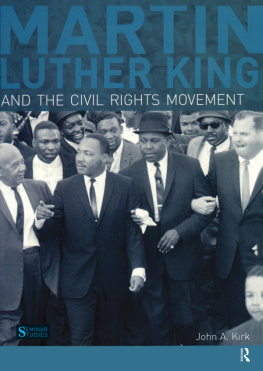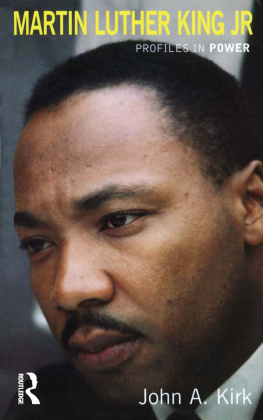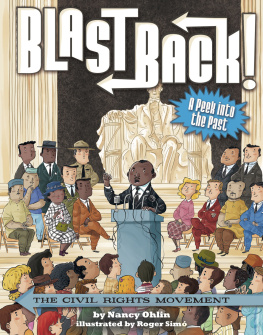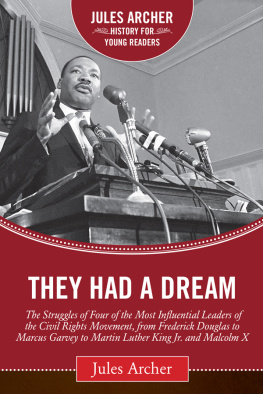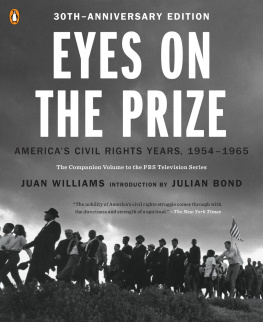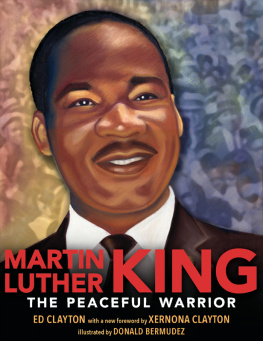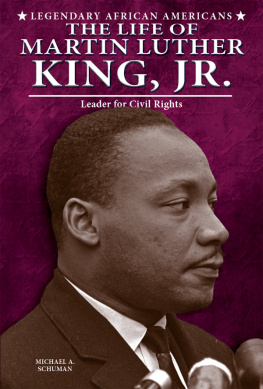
Published in 2016 by Britannica Educational Publishing (a trademark of Encyclopdia Britannica, Inc.) in association with The Rosen Publishing Group, Inc.
29 East 21st Street, New York, NY 10010
Copyright 2016 by Encyclopdia Britannica, Inc. Britannica, Encyclopdia Britannica, and the Thistle logo are registered trademarks of Encyclopdia Britannica, Inc. All rights reserved.
Rosen Publishing materials copyright 2016 The Rosen Publishing Group, Inc. All rights reserved.
Distributed exclusively by Rosen Publishing.
To see additional Britannica Educational Publishing titles, go to rosenpublishing.com.
First Edition
Britannica Educational Publishing
J. E. Luebering: Director, Core Reference Group
Anthony L. Green: Editor, Comptons by Britannica
Rosen Publishing
Hope Lourie Killcoyne: Executive Editor
Nelson S: Art Director
Nicole Russo: Designer
Cindy Reiman: Photography Manager
Introduction and supplementary material by Hope Lourie Killcoyne.
Library of Congress Cataloging-in-Publication Data
The civil rights era/edited by Hope Lourie Killcoyne.
pages cm.(The African American experience : from slavery to the presidency)
Includes bibliographical references and index.
ISBN 978-1-6804-8050-4 (eBook)
1. African AmericansCivil rightsHistory20th century. 2. Civil rights movementsUnited StatesHistory20th century. 3. United StatesRace relations20th century. I. Killcoyne, Hope Lourie, editor. II. Title: First edition.
E185.615.C5842 2015
323.119607309041dc23
2014046170
On the cover: Martin Luther King,, Jr. giving his I Have a Dream speech in Washington, D.C., August 28, 1963.
Photo credits: Cover, pp. 5455 William Lovelace/Express/Hulton Archive/Getty Images; pp. 5, 49 Michael Ochs Archives/Getty Images; pp. 9, 1011 Library of Congress Prints and Photographs Division; p. 14 Lyndon B. Johnson Library and Museum/Yoichi R. Okamoto; pp. 1617 NARA; pp. 19, 21 PhotoQuest/Archive Photos/Getty Images; pp. 2223 Gordon Coster/The Life Picture Collection/Getty Images; p. 27 Al Gretz/FPG/Archive Photos/Getty Images; pp. 29, 36, 3839, 4647, 48, 60, 6263, 66 AP Images; p. 30 FPG/Archive Photos/Getty Images; pp. 3233 Alfred Eisenstaedt/The Life Picture Collection/Getty Images; p. 41 Donald Uhrbrock/The Life Images Collection/Getty Images; pp. 4445 Underwood Archives/Archive Photos/Getty Images; pp. 5051 Library of Congress, Washington, D.C., Warren K. Leffler (digital file: cph ppmsca 03128); p. 53 Hulton Archive/Getty Images; p. 58 Frank Scherschel/The Life Picture Collection/Getty Images; p. 65 David Fenton/Archive Photos/Getty Images; p. 69 Official White House Photo by Pete Souza; interior pages background texture iStockphoto.com/Piotr Krzeslak.
CONTENTS
R.E.S.P.E.C.T.
Find out what it means to me
Aretha Franklin
I n the mid-1960s, as the United States was grappling with the civil rights struggle, many people were nonetheless more easily accepting of black music. Using the tools at hand, singer Aretha Franklin spelled out an important message to the country. Her cover of the song Respect topped the singles charts, becoming a lasting anthem of feminism, personal dignity, and racial equality.
What does respect mean in the racial sense? For starters, it means not having to drink at a coloreds only water fountain. Not being relegated to the back of the bus. Not having to attend a racially segregated school or play within a racially segregated sports league. Not fearing a cross burning on the lawn, a lynching in the park, or another act of violence or disrespect that might come from living in a country where most of the population was making small, medium, and huge prejudgments simply on the basis of skin color.
Respect can also begin with a name. From what is now referred to as the N word, to boy (even for men), to colored, to Negro and Negress, to Afro-American and African American, to black. And perhaps someday, when the human construct of race becomes a thing of the tarnished past, the name will simply be American.

Aretha Franklin
There is another song that broke barriers and made a crucial change in the importance of racial nomenclature: Say it LoudIm Black and Im Proud, performed by James Brown in 1968. Brown cowrote the anthemic single with his bandleader Alfred Pee Wee Ellis. While it was not the first time that the adjective had been used, the songs wide popularity had a huge impact. As noted in an anonymous but powerful post on the website www.portside.org:
Up until the mid-sixties, we were trying to define ourselves: not colored anymore, now Negro. But black was not something we called ourselves. And along comes this little man and proudly states,Im black and Im proud! He took the thing that the oppressor used to bludgeon us and made it a weapon of pride for us.
But Franklin and Brown belted out their iconic songs in the late 60s, and our story begins some 30 years earlier, at the start of World War II.
During that war, black Americans increasingly sought the opportunity to fight for their country. Imagine that: petitioning the government so that you could battleand quite possibly diefor a country that saw you as a second-class citizen. Not only would blacks win that fight, by the time the Vietnam War was in full swingwith American boots on the ground on the other side of the worlda disproportionate number of those boots were filled by black feet.
Through the saddest, most trying times of the mid-1900s to the beginning of a glimmer of change, there was in particular one poetic voice, one visionary leader who brought his people along the bumpy path to equality. Though he prophetically declared the possibility that he might not reach the promised land as well, Dr. Martin Luther King, Jr., was a pivotal, personable, and passionate voice that rang out in the prison of Birmingham, Alabama, and the Mall in Washington, D.C., and was finally silenced on a balcony in Memphis, Tennessee.
This book provides a short but detailed account of the black American journey from inhumane and unjust treatment to something that was beginning to look and feel like freedom. That said, some very important people in this period could not be included. So go and read about Jesse Owens making world history in the 1936 Olympics in Berlin by winning four gold medals and stunning Adolf Hitler, among others. Or learn about the multitalented writer Langston Hughes, whose poems and plays portrayed black life in America for blacks and whites alike. Or read about Shirley Chisholm, who in 1968 became the first black woman elected to the U.S. Congress. The Encyclopdia Britannica itself has excellent profiles of these and other limit-shattering leaders in the arts, athletics, and politics.
But first, read this book, The Civil Rights Era. It covers one of the most important chapters in American historythe path of recognition, acceptance, and lauding of one of Americas greatest assets: its black American citizenry. As readers will learn, the path toward power was an often painful and protracted process, but the end resultfinally being shown some of that much-deserved respectis one that enriches us all.
W orld War II began on September 1,1939, when Germany invaded Poland. By the time it ended in 1945, the war had involved nearly every part of the world.


